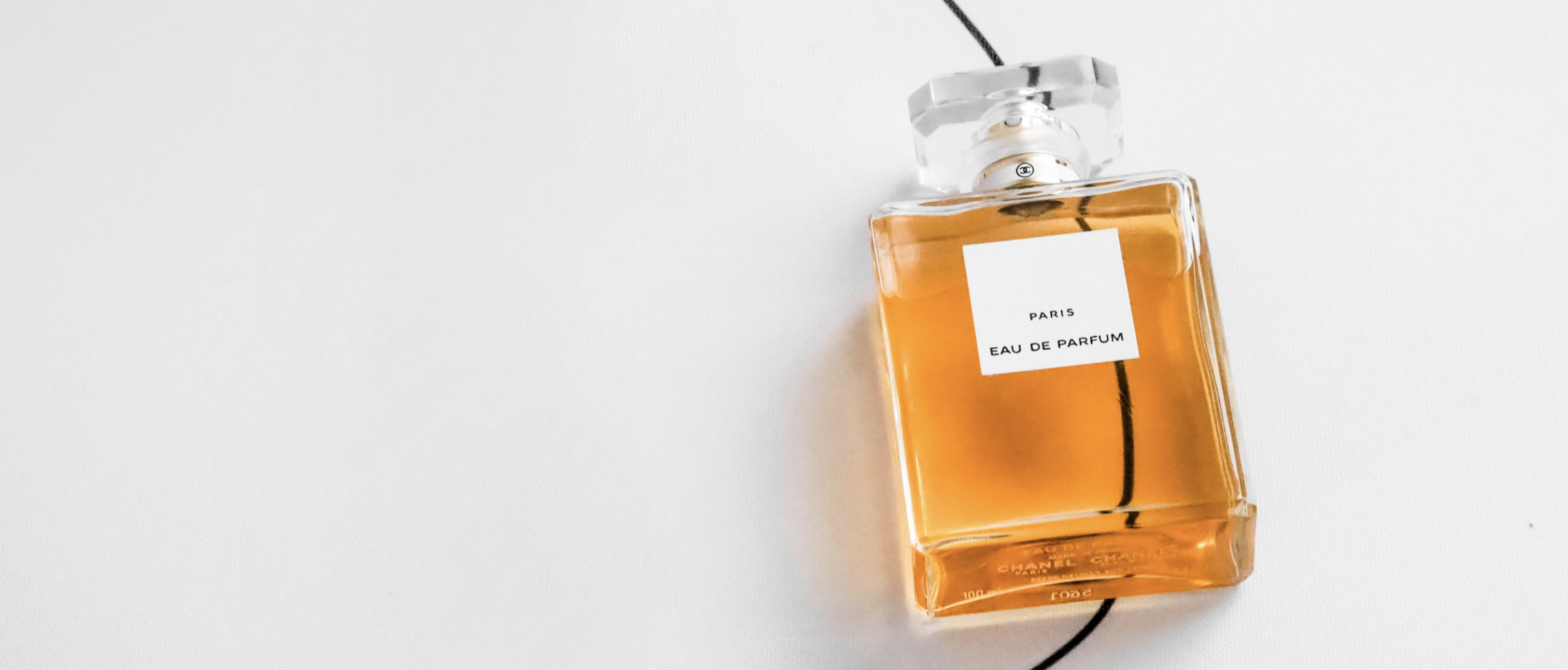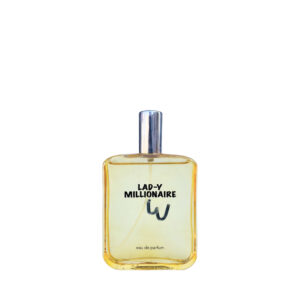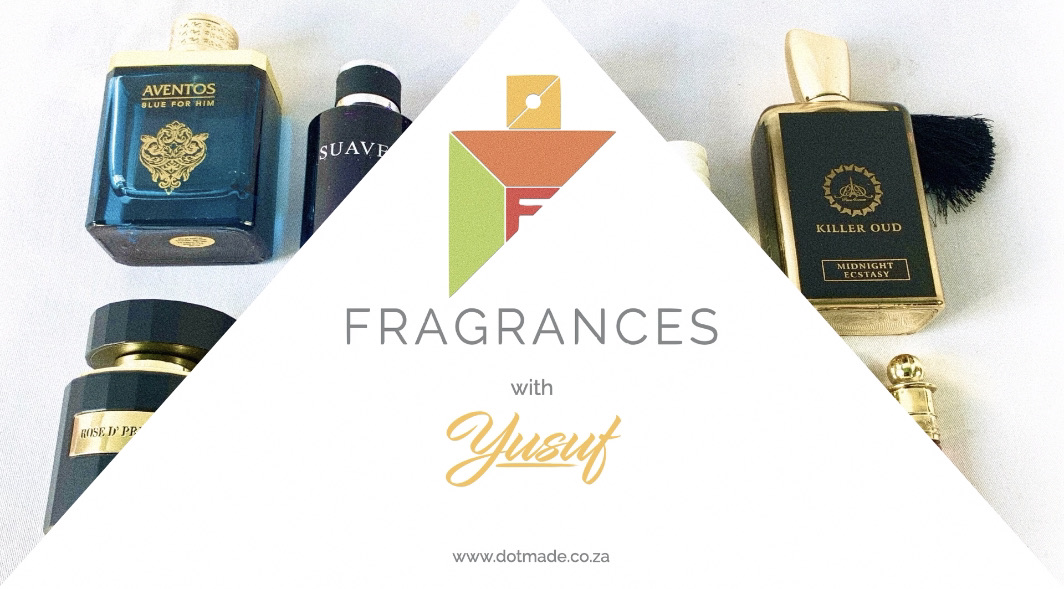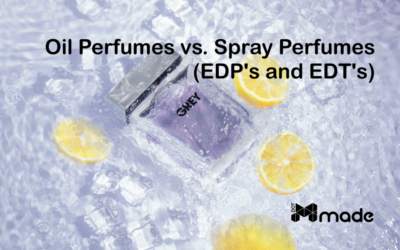Why You Can’t Smell Your Own Fragrance: The Perfume Paradox
Have you ever spritzed yourself with your favorite perfume, feeling confident and ready to conquer the day, only to find that you can’t smell your own fragrance just hours later? You sniff your wrists, expecting that delightful aroma, but all you get is…well, nothing.
Don’t worry, you haven’t suddenly lost your sense of smell! There’s a fascinating scientific reason why you can’t smell your own fragrance. It all boils down to a process called olfactory adaptation.
Your Nose: A Sophisticated Security System
Think of your nose as a sophisticated security system. It’s constantly scanning for new smells, alerting you to potential dangers like smoke or spoiled food. Imagine the smell of burnt toast – the initial whiff gets your attention, but after a while, it fades into the background. Similarly, your nose gets used to a consistent scent, like your perfume, and prioritizes detecting new olfactory information. This ensures you stay alert to important changes in your environment, which is why you can’t smell your own fragrance after a while.
Unveiling Olfactory Adaptation: A Scientific Deep Dive
Let’s delve deeper into the science behind why you can’t smell your own fragrance:
Olfactory Receptors
Your sense of smell relies on millions of tiny olfactory receptors located high within your nasal cavity. When odor molecules from your perfume reach these receptors, they trigger signals that travel to your brain, allowing you to perceive the scent.
Desensitisation
When you first apply perfume, your olfactory receptors are bombarded with odor molecules. However, over time, these receptors become less sensitive to the constant stimulation. This is where olfactory adaptation kicks in. Your brain essentially decides, “I’ve processed this scent already. It’s not a threat, so I’ll focus on detecting new smells.” This is why you can’t smell your own fragrance, as your brain deprioritises it.
The Importance of New Scents
Our sense of smell plays a crucial role in survival by alerting us to potential dangers. Staying vigilant for new smells allows us to detect things like spoiled food, gas leaks, or smoke from a fire. Olfactory adaptation ensures we’re not constantly bombarded with the same information, allowing us to prioritize potentially threatening new odors.

get up to
60% Off!
Fragrance Sale
So You Can’t Smell It, But Others Can: The Good News
While you might not be able to smell your own fragrance anymore, here’s the good news:
Others Can Still Smell It
The fact that you can’t detect your perfume doesn’t mean it’s gone unnoticed. People around you haven’t experienced olfactory adaptation to your specific scent, so they’ll still be able to enjoy your beautiful fragrance.
The Fragrance Journey
Perfumes are often designed with a complex structure, with top notes fading first, then middle notes, and finally base notes lingering the longest. Even if you can’t smell the entire spectrum initially, the base notes may still be perceptible later in the day.
Keeping Your Perfume Experience Alive: Helpful Tips
Here are some tips for maintaining your olfactory experience with your perfume:
Apply Strategically
Target pulse points like your wrists, inner elbows, and neck. These areas generate more body heat, helping to diffuse the fragrance throughout the day.
Less is More
While it’s tempting to douse yourself in perfume, a few spritzes are usually enough. Over-application can overwhelm your olfactory receptors and lead to quicker adaptation.
Take a Break
If you wear the same perfume daily, consider taking a break every few days. This allows your olfactory receptors to reset, making the scent more noticeable when you return to it.
Try Layering
Layering your perfume with complementary scented lotions or body washes can create a richer, longer-lasting fragrance experience.
Ask a Friend
If you’re unsure whether your perfume is still noticeable, politely ask a friend for their honest opinion.
By understanding olfactory adaptation and applying these tips, you can ensure your perfume continues to make a pleasant and memorable impression, even if you can’t personally smell it anymore. Knowing why you can’t smell your own fragrance can help you appreciate it from a fresh perspective and enhance your overall scent experience.
Shop new perfumes
Immerse yourself in the enchanting world of Perfumes and Fragrances, curated from different corners of the globe. At our store, you can explore a diverse selection of scents that span continents and cultures. From the allure of Arabian Dubai Perfumes to the sophistication of French fragrances, from the essence of Proudly South African perfumes to so much more.
-
Product on sale
 98% Full Lady Millionaire Eau De Parfum SampleOriginal price was: R119,99.R64,99Current price is: R64,99.
98% Full Lady Millionaire Eau De Parfum SampleOriginal price was: R119,99.R64,99Current price is: R64,99. -
Product on sale
 50% Full Golden Angel Parfum SampleOriginal price was: R199,99.R29,99Current price is: R29,99.
50% Full Golden Angel Parfum SampleOriginal price was: R199,99.R29,99Current price is: R29,99. -
Product on sale
 50% Full Jasper Rouge Eau De Parfum SampleOriginal price was: R199,99.R129,99Current price is: R129,99.
50% Full Jasper Rouge Eau De Parfum SampleOriginal price was: R199,99.R129,99Current price is: R129,99. -
 Arabiyat Khashab & Oud White Concentrated Oil Perfume 12mlR159,99
Arabiyat Khashab & Oud White Concentrated Oil Perfume 12mlR159,99 -
Product on sale
 70% Full Far and Hit Eau De Parfum SampleOriginal price was: R119,99.R49,99Current price is: R49,99.
70% Full Far and Hit Eau De Parfum SampleOriginal price was: R119,99.R49,99Current price is: R49,99. -
 Emir Vibrant Orange & Neroli Eau de Parfum Sample 5mlR29,99
Emir Vibrant Orange & Neroli Eau de Parfum Sample 5mlR29,99 -
 Paris Corner Emir Vibrant Orange & Neroli Eau de Parfum 100mlR349,99
Paris Corner Emir Vibrant Orange & Neroli Eau de Parfum 100mlR349,99 -
 Brown Orchid Rose Edition Eau de Parfum 30mlR99,99
Brown Orchid Rose Edition Eau de Parfum 30mlR99,99 -
 Al Towba Blue Moon Concentrated Attar Oil Parfum 6mlR49,99
Al Towba Blue Moon Concentrated Attar Oil Parfum 6mlR49,99 -
 Ard Perfumes Madia Concentrated Oil Perfume 20mlR349,99
Ard Perfumes Madia Concentrated Oil Perfume 20mlR349,99 -
 Al-Nuaim Baccarat Rough 540 Eau De Parfum Sample 5mlR24,99
Al-Nuaim Baccarat Rough 540 Eau De Parfum Sample 5mlR24,99 -
 Al-Nuaim Baccarat Rough 540 Eau De Parfum 50mlR129,99
Al-Nuaim Baccarat Rough 540 Eau De Parfum 50mlR129,99 -
 Al-Nuaim Kashmiri Oudh Eau De Parfum Sample 5mlR24,99
Al-Nuaim Kashmiri Oudh Eau De Parfum Sample 5mlR24,99 -
 Al-Nuaim Scandal’s John Pol Genius Eau De Parfum saple 5mlR24,99
Al-Nuaim Scandal’s John Pol Genius Eau De Parfum saple 5mlR24,99 -
 Paris Corner Khair Eau De Parfum Sample 5mlR39,99
Paris Corner Khair Eau De Parfum Sample 5mlR39,99 -
 Paris Corner Khair Eau De Parfum 100mlR499,99
Paris Corner Khair Eau De Parfum 100mlR499,99











Leave a Reply
You must be logged in to post a comment.